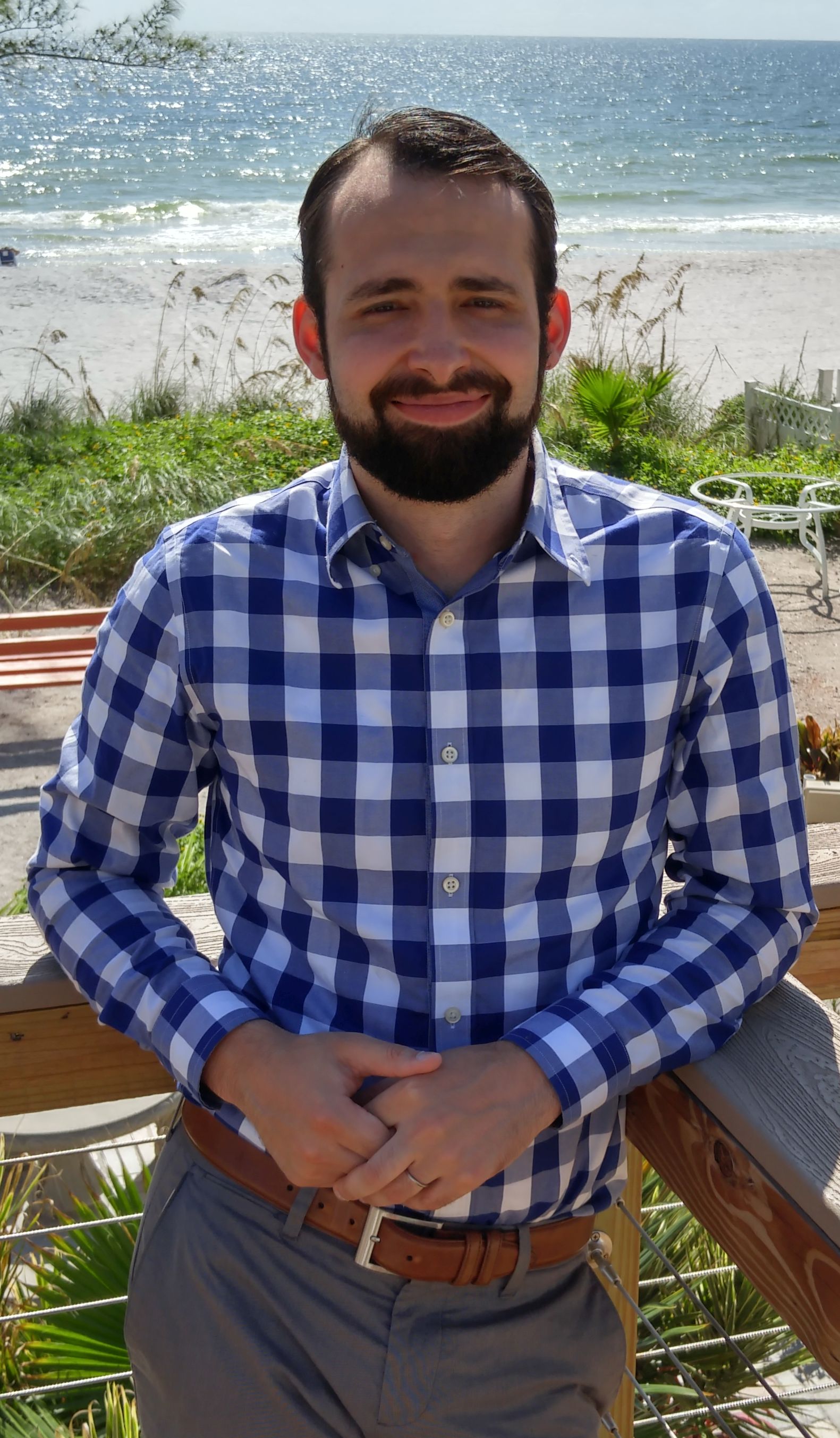At a Glance
- Assoc. Prof. Chemical Engineering (2021-Current), University of Florida, Gainesville, FL
- Asst. Prof. Chemical Engineering (2015-2021), University of Florida, Gainesville, FL
- Post-doc. Chemical Engineering (2012-2015), University of California-Berkeley, Berkeley, CA
- Ph.D. Chemical Engineering (2012), University of Virginia, Charlottesville, VA
- B.S. Chemical Engineering (2007), Clemson University, Clemson, SC
Awards
- Moreno Rising Star Professorship, Univ. of Florida (2021)
- Excellence Award for Assistant Professors, Univ. of Florida (2020)
- NSF CAREER Award (2020)
- Excellence in Service Award, Dept. of Chem. Engr., Univ. of Florida (2017)
- American Chemical Society Petroleum Research Fund New Doctoral Investigator Award (2016)
- Special Recognition Award for Dissertation, Dept. of Chem. Engr., Univ. of Virginia (2012)
Funding
- NSF CHEM Chemical Catalysis, CAS: IrO2 Based Mixed Metal Oxides for Selective Oxidation of Methane. (2021-2024) Abstract
- NSF CHEM Chemical Catalysis, CAS: Separating Electronic and Geometric Effects in Compound Catalysts: Examining Unique Selectivities for Hydrogenolysis on Transition Metal Phosphides. (2020-2023) Abstract
- NSF CBET Catalysis, CAREER: Elucidating Mechanisms and the Effects of Zeolite Framework, Acid Site Location, and Strength in Methanol-to-Hydrocarbon Reactions. (2020-2024) Abstract
- NSF CBET Catalysis, Understanding and Controlling Wax-Water Interactions in Pores of Fischer-Tropsch Synthesis Catalysts. (2019-2022). Abstract
- NSF CBET Catalysis, GOALI: Identifying the roles of atomically dispersed Rh, support interactions, and environmental conditions in automotive NO reduction catalysis. (2018-2021). Abstract
- ACS-PRF NDI: Effects of zeolite framework topology for conversion of methanol/ethanol to hydrocarbons: towards computer-directed synthesis. (2016-2019)
- NSF XSEDE: Understanding acid catalyzed reactions and deactivation pathways in zeolite catalyzed processes. (2016-2021)
- NSF XSEDE (Co-PI): Understanding the role of rare earth oxides and dopants as efficient catalysts for the oxidative coupling of methane. (2017-2019)
Teaching
- ECH 4504. Chemical Kinetics and Reactor Design. [Core Undergraduate]
- ECH 6506. Chemical Engineering Kinetics. [Core Graduate]
- ECH 6526. Reactor Design and Optimization. [Core Graduate]
- ECH 6937. Molecular Understanding of Catalysis. [Elective Graduate]
More Info
David Hibbitts has been an Assistant Professor in the Department of Chemical Engineering at the University of Florida since August 2015.
He received his B.S. degree cum laude in Chemical Engineering from Clemson University in 2007 and his Ph.D. degree in Chemical Engineering from the University of Virginia in 2012.
His Ph.D. thesis was a study of the nature and reactivity of chemisorbed oxygen and hydroxide on metal surfaces using density functional theory (DFT) calculations in Prof. Matt Neurock's group. This work included studies of Au-catalyzed oxidations of biomass-derived ethanol and glycerol published in Science and J. Catal. as well as the examination of bimetallic bifunctional catalysts for selective C–O hydrogenolysis of biomass-derived oxygenates published in JACS and J. Catal.
Following completion of his Ph.D., David Post-doc'd in Prof. Enrique Iglesia's group at UC-Berkeley. There, he combined kinetic, isotopic, and theoretical studies to examine Fischer-Tropsch synthesis in work published in Angewandte Chemie. Furthermore, he collaborated with other researchers at UC-Berkeley to publish multiple papers in C–C Hydrogenolysis (JACS, J. Catal., ACS Catal., JPCC), C–O Hydrogenolysis (JACS), and NO Reduction (J. Catal.). These projects led to an Account of Chemical Research describing the activation of strong bonds (C–O, O–O, N–O, and N–N bonds).
His research interests at the University of Florida include the determination of reaction mechanisms and structure-function relationships for the conversion of biomass- and fossil-derived feedstocks into fuels and chemicals through heterogeneous catalysts.
